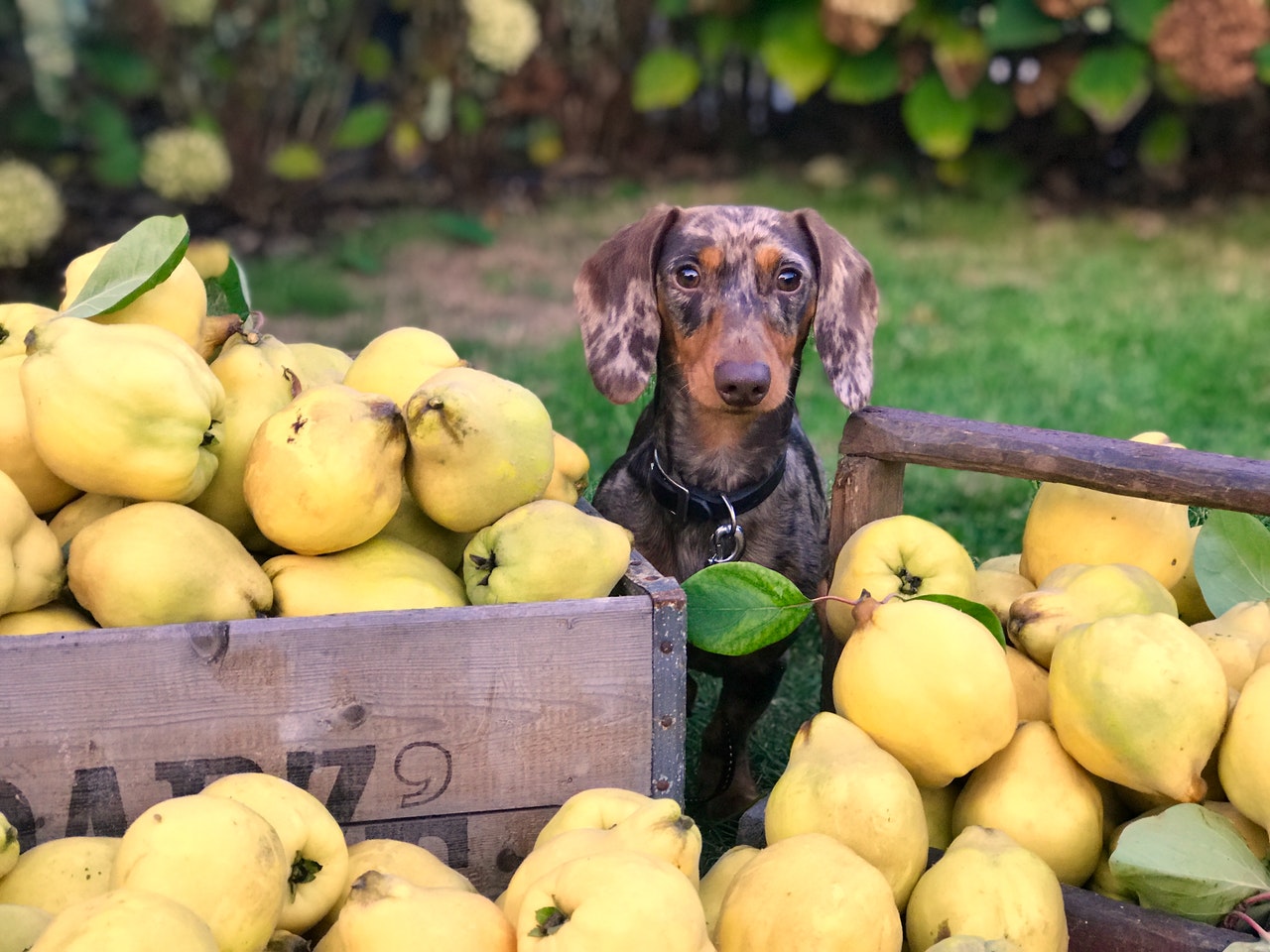


Dog food is specially formulated for a dog’s diet. In a pinch, here are the types of food you can and can’t feed your dog. To get a full list of specific foods your dog can and can’t eat, check out our blog. Once you’ve gone over our list of suggestions, you will never find yourself wondering “What can I feed my dog instead of dog food?”
(Keep in mind: Avenue Dogs is reader-supported. When you buy through links on our site, we may earn an affiliate commission (with no additional cost to you)).
We’ve turned this blog into a book. We’ve listed over 500 foods dogs can and can’t eat. This paperback would make a great gift for a new puppy owner, a dog lover, or anyone concerned about their pup’s health. Check it out!
Can Dogs Eat Rice?
In short, yes. Dogs can digest rice very easily, and it is commonly used with dogs when they are sick. Use rice to help your dog get their caloric needs when their digestive system can’t handle heavier foods such as meats (or their regular dog food).
If your dog is healthy, you may feed them rice you’ve cooked for yourself, so long as none of the ingredients are bad for them. For sick dogs, plain boiled rice without any additives (spices, oils, salt, etc.) is the best option.
Can Dogs Eat Nuts?
The answer to this question is not so straightforward, because several nuts, such as macadamia and black walnut, are toxic to dogs. Also, most nuts are high in fat. To avoid your dog gaining too much weight (and the health issues that come with that), try not to offer nuts in high proportions.
Always check to make sure that the nuts are not toxic to dogs, and that your dog isn’t allergic to that specific type.
Can Dogs Eat Fruit?
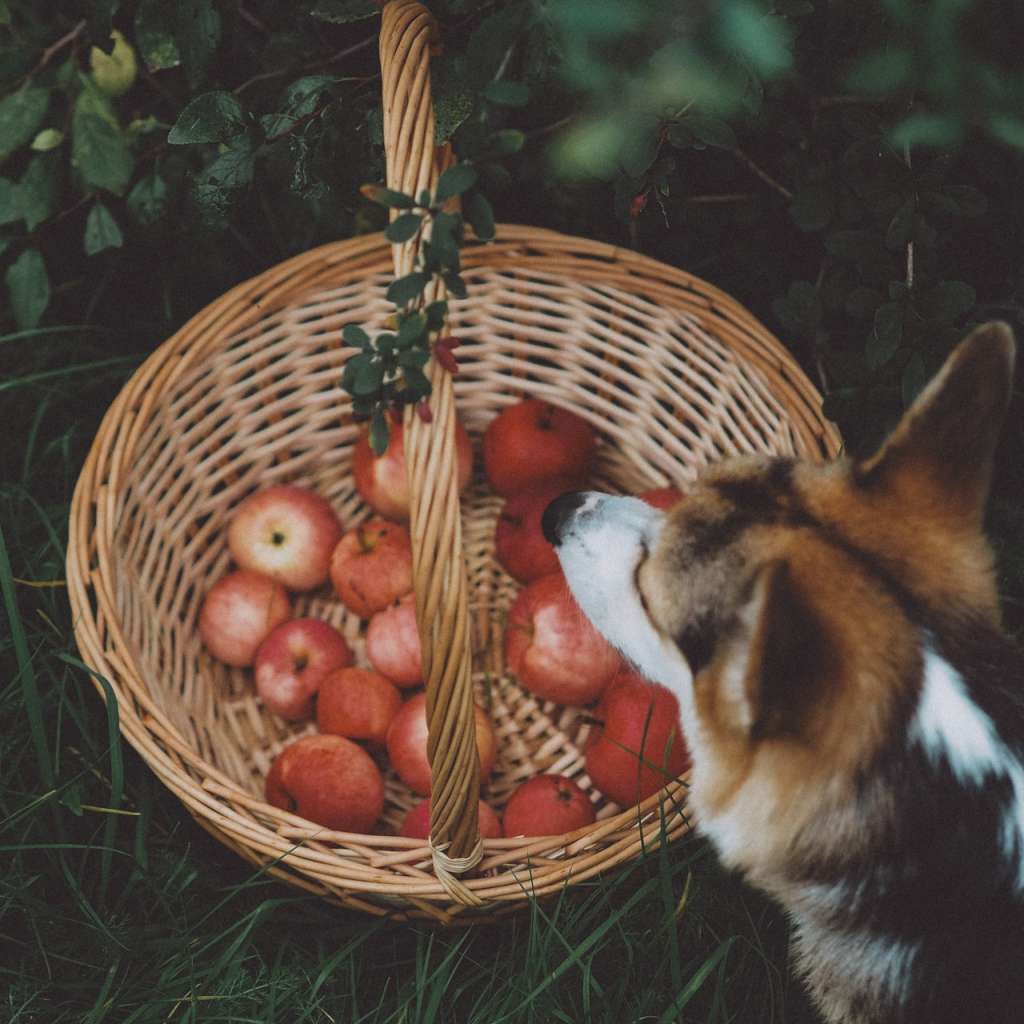


As with nuts, the wide variety of fruits available means that some fruits are fine and others are toxic. Fruits aren’t an essential part of a dog’s diet so you can offer them as a treat but they shouldn’t be a staple.
Make sure that any fruit you offer to your dog is not toxic to avoid any adverse (and potentially fatal) effects. If you’re unsure, avoid it altogether.
Can Dogs Eat Beans?
While it’s true that they’re probably going to make your dog gassy, beans can be part of your dog’s regular diet. In fact, they are a healthy source of proteins and fiber. As you would do for yourself, make sure you soak the bean first to help with digestion.
It’s best to limit beans in your dog’s diet to around a tenth. Generally, that means keeping them for special occasions or as a treat.
Can Dogs Eat Vegetables?
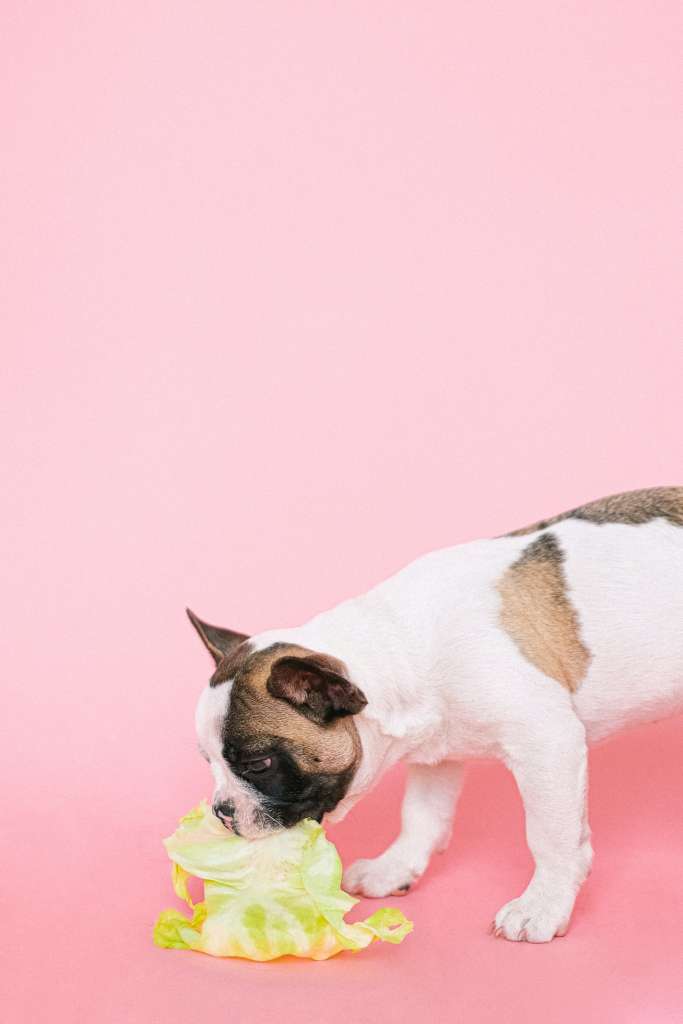


Again, vegetables aren’t particularly important in providing your dog with the proper nutrients. However, most vegetables won’t be harmful to dogs, and you can add them safely to your dog’s diet.
In fact, many dog food manufacturers use vegetables as a source of fiber and carbohydrates. Raw vegetables can be an excellent way to add vitamins and essential nutrients to maintain your dog’s health—and there are dental benefits too!
Can Dogs Eat Seafood?
For the most part, seafood is non-toxic for dogs and can be particularly nutritious. However, it is important to only offer cooked fish because raw seafood often contains harmful pathogens that can potentially make your dog sick.
You can also offer shellfish to your dog. Do not add any spices to the fish, and cook it by baking or boiling to avoid adding any added fats that could cause an upset stomach.
Can Dogs Eat Dairy?
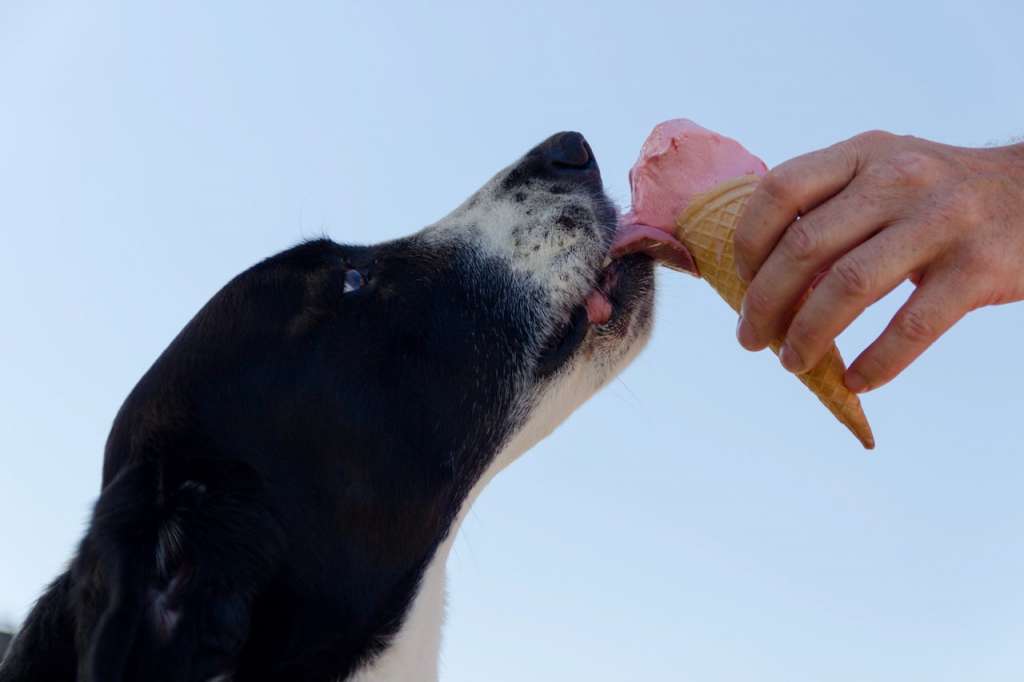


Milk and all products derived from it are well-known for causing gastrointestinal problems in dogs. You can offer some types of cheese, and yogurt is generally safe. However, raw or even pasteurized milk is likely to cause diarrhea.
Many dog owners safely add eggs to their dog’s normal diet—but keep in mind that raw eggs contain harmful pathogens that will make your dog sick. In short, you can sometimes offer a little bit of dairy to your dog.
Can Dogs Eat Meat?
You’d think this is a no-brainer, but many people ask about meat when wondering what they can feed a dog instead of dog food. Generally, raw meat is unsafe due to the potential risk of exposure to harmful pathogens.
However, it’s safe to give your dog many types of cooked meat in moderate amounts. As with other foods, try to keep the seasonings (spices, fats, etc) to a minimum or leave them out completely.
Can Dogs Eat Seeds?
Seeds are high in fat, and they can either be highly toxic or fairly nutritious for dogs. For the most part, it’s safe for dogs to consume seeds. However, you should always make sure that the type of seed is not toxic.
You can use seeds to add calories to your dog’s meal, but remember that they shouldn’t be the major part of your dog’s meals. Chia seeds are particularly healthy and it’s a good idea to offer your dog some.
Can Dogs Eat Grains?
Grains are commonly reported by pet owners as the cause of allergies and indigestions in their dogs. However, grains are safe for most dogs to consume and you shouldn’t automatically assume that your dog can’t consume grains.
Grain-free dog food is popular simply because manufacturers want to avoid potentially causing any of their customer’s pets digestion problems. If your dog seems fine after consuming grain, it’s likely safe for them.
Can Dogs Eat Human Food?



The answer to his question is very complex because human food is complex. Typically, our diets are higher in fat and spices when compared to dogs. Allowing your dog to eat human food can lead to diarrhea, indigestion, and more severe conditions.
While it’s fine to feed dogs some human foods, many may be toxic or high in fat. Most vets would advise that you are careful when feeding your dog any human food, and keep it to a minimum.
What Can I Feed My Dog Instead of Dog Food?
To make sure your dog is getting all the nutrition they need, you should try to offer a wide variety of foods while ensuring that they are meeting their caloric and macronutrient needs. That means enough protein, carbs, and fats. Dog food manufacturers take the guesswork out of feeding your dog.
However, kibble is not the only option to feed your canine pets. With a little research and a talk with your vet, you can feed your dog a nutritious diet without depending on dog food. What can I feed my dog instead of dog food? We’ll give you more details in the coming posts.
Related posts:
Anne Kamel is a content writer with word-brokers.com that is passionate about writing informative articles about a wide array of topics. She is also a long-form content writer, specializing in travel, food, and technology.
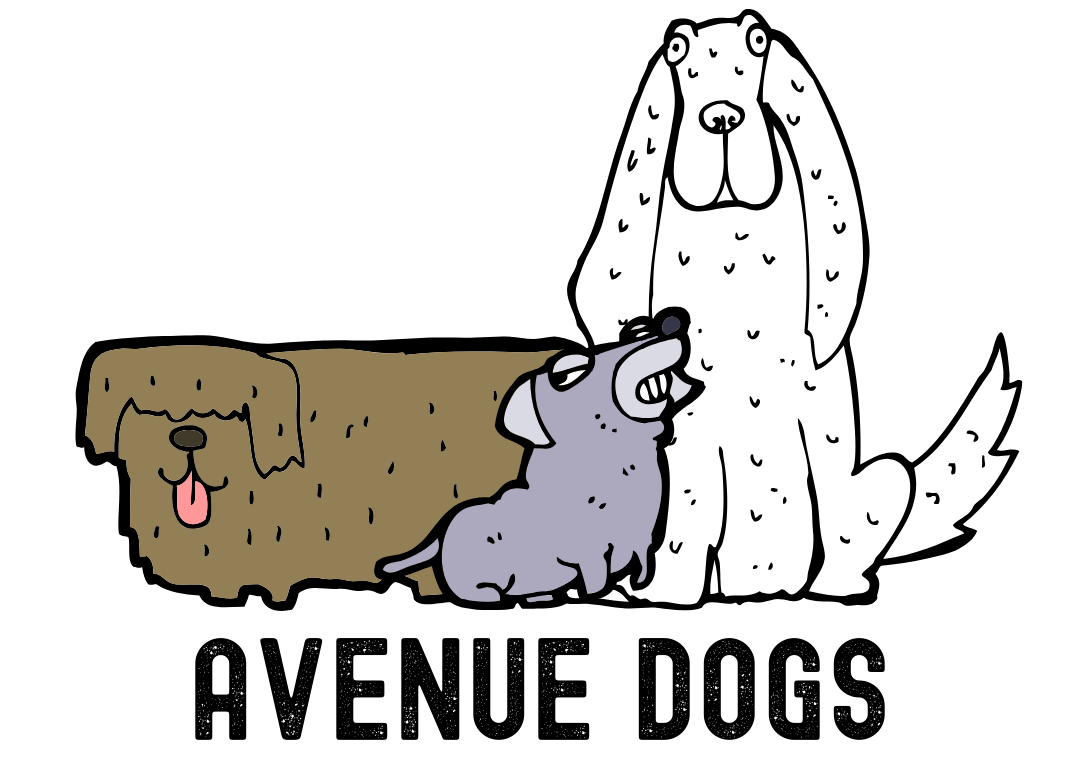
5 Comments